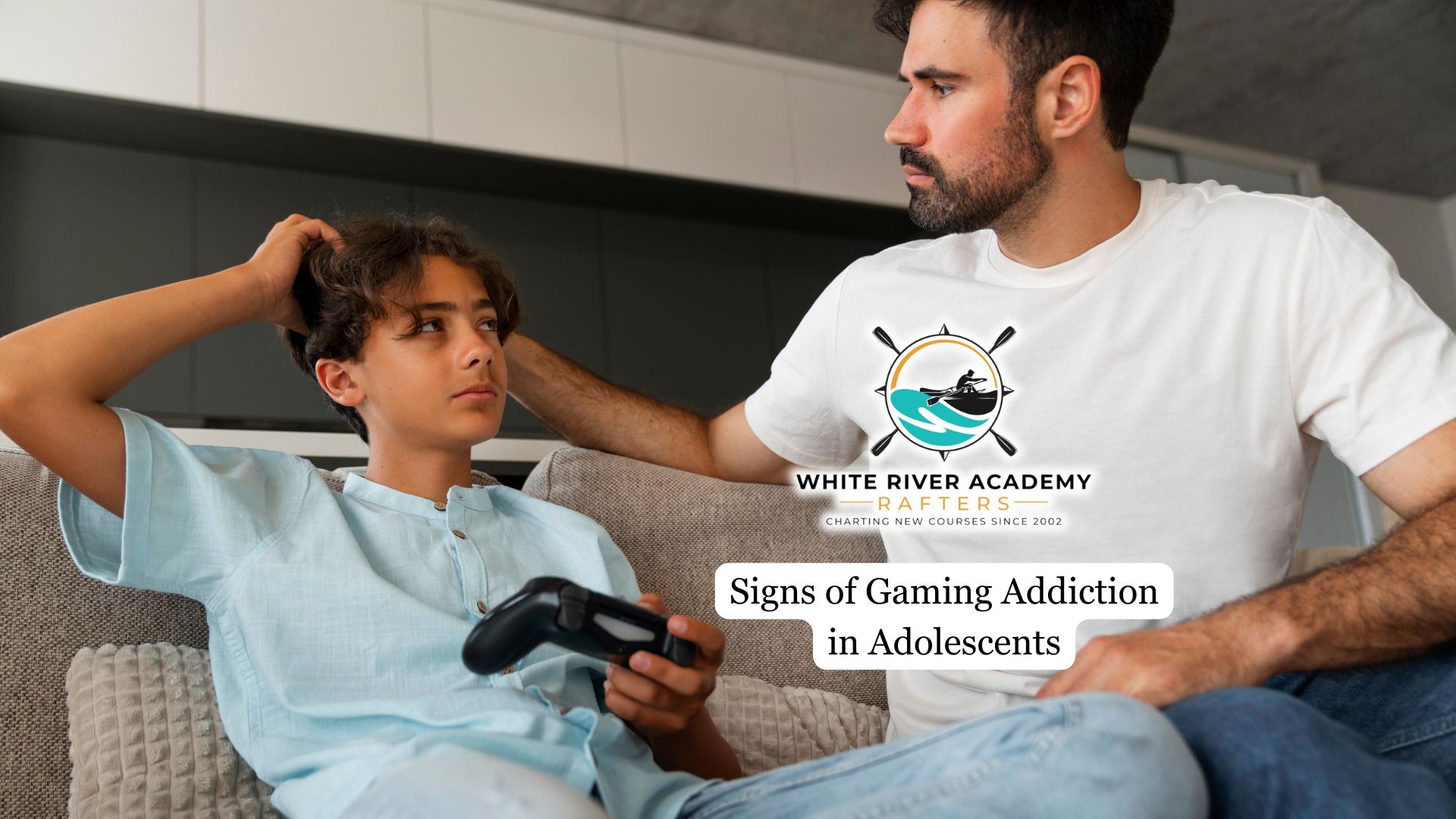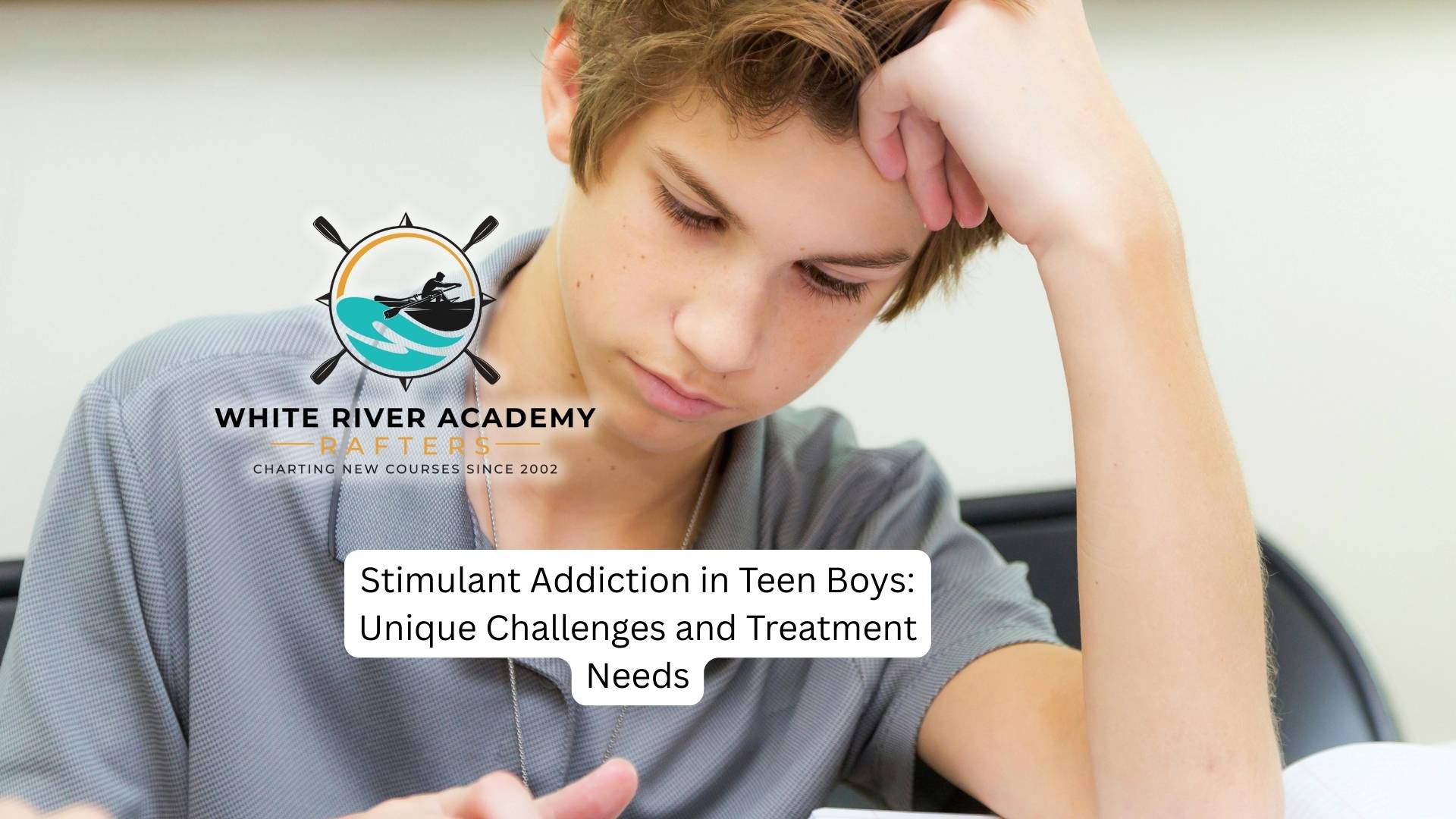The prevalence of gaming addiction among adolescents has become a growing concern for parents, educators, and health professionals. As digital entertainment continues to evolve and become more immersive, the line between healthy gaming habits and problematic behavior has blurred for many young people.
This article will explore the psychological, behavioral, and physical indicators that parents and caregivers should be aware of to identify potential gaming addiction in adolescents.
Understanding Video Game Addiction
When your teen’s gaming habits start to interfere with their daily life, it’s time to take notice. Video game addiction, recognized as a mental health condition, affects up to 8.5% of youths aged 8-18.
Gaming addiction is a condition that involves excessive and compulsive engagement in video games, which leads to negative consequences in various aspects of life. Adolescents with gaming addiction often prioritize gaming over critical activities such as school, social interactions, and self-care. This results in declining academic performance and social isolation.
The addiction is characterized by changes in brain matter, poor decision-making, impulse control issues, and difficulties with emotional regulation. Teens may experience withdrawal symptoms when they are unable to play and develop a tolerance, requiring longer gaming sessions to achieve satisfaction.
Risk factors for gaming addiction include underlying psychological issues, the use of gaming as an escape mechanism, and the reward system in games that triggers the release of dopamine.
As a parent, it’s crucial to be aware of these signs and address them early on to prevent the escalation of addictive behaviors and the associated negative consequences on your teen’s well-being.
Behavioral Changes in Addicted Adolescents
Teenagers with gaming addiction may become increasingly isolated, withdrawing from family and friends to spend more time gaming. Their school performance typically declines as they neglect academic responsibilities.
Sleep patterns are frequently disrupted, with many staying up late to play and experiencing fatigue during the day. Irritability and aggression can emerge, especially when gaming is restricted or interrupted.
These teens often lose interest in previously enjoyed activities and hobbies, focusing solely on gaming. They may lie about their gaming habits or become defensive when confronted about excessive play. These behavioral changes often persist despite negative consequences, indicating the addictive nature of their gaming habits.
Emotional Signs of Gaming Addiction
Mood swings and irritability when gaming is restricted indicate withdrawal symptoms, a hallmark of addictive behaviors. Your teen may experience anxiety or frustration when not gaming, as it becomes their primary coping mechanism.
This emotional volatility can strain interpersonal relationships, especially with family members imposing gaming limits. Overreliance on gaming for emotional regulation can compromise their ability to manage feelings in real life, leading to further distress.
Declining self-esteem and feelings of guilt or shame related to gaming habits are also common, impacting overall mental health.

Physical Indicators of Excessive Gaming
Chronic fatigue and sleep disturbances are common, as many gamers sacrifice sleep to continue playing, leading to a decline in overall health.
You may notice your teen complaining of eyestrain and headaches due to prolonged screen exposure without breaks.
Neglect of personal hygiene is another red flag, as excessive gaming can diminish motivation for regular self-care routines.
A sedentary lifestyle associated with long gaming sessions can contribute to weight gain or loss, as well as poor nutrition, as your teen prioritizes gaming over meal times.
Social and Academic Consequences
Excessive gaming often leads to social isolation, as they prioritize online interactions over real-life relationships with family and peers. This can strain their social skills and support network.
Academically, gaming addiction can cause a significant decline due to neglected homework and increased absences, resulting in lower grades. Emotional symptoms like anxiety and mood swings may further impact their ability to concentrate in class and engage with teachers.
The compulsive nature of addiction can also lead to secrecy and defensiveness, making it difficult for your teen to openly discuss their challenges and seek help, compounding the negative effects on their social and academic well-being.
Final Thoughts from White River Academy
For families looking for a structured and supportive environment to address gaming addiction and its underlying issues, residential treatment programs like the one offered at White River Academy can be a great option. Our therapeutic approach, which is reflected in the types of therapies we provide, takes a holistic view of the individual, incorporating techniques such as experiential therapy, family therapy, and stress-management skills like mindfulness and meditation. Discover more about our academy here.




